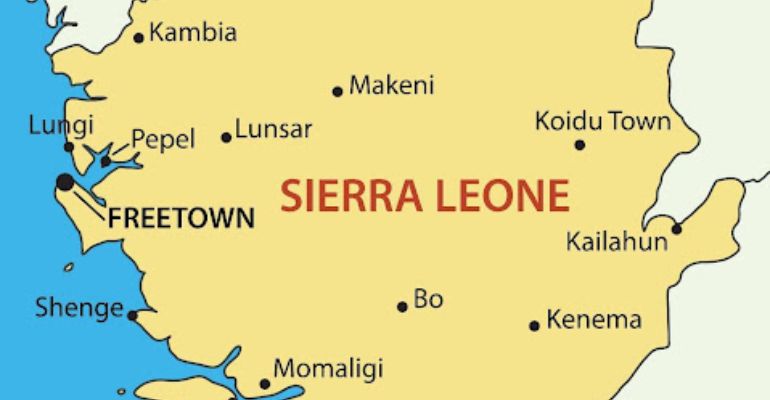The disparity between developed and developing nations has long been a focal point in international relations. To bridge this gap, developed countries have provided substantial foreign aid to Third World countries, including those in Africa. In the context of Africa, foreign aid has been a double-edged sword for many African countries. This paper delves into the negative repercussions of foreign aid on my homeland (Ghana).
To begin with, dependency and corruption are some of the major detrimental consequences foreign aid has marked on the African continent. Foreign aid has created a sense of dependency on external assistance, which in the short and long run, is discouraging governments from developing self-sustaining economies. For instance, countries like Nigeria, which is rich in oil reserves, have received substantial foreign aid. However, instead of using these resources to stimulate domestic industries, the government became dependent on aid, leading to corruption and mismanagement. The evidence of this is the Transparency International Corruption Perceptions Index, which consistently ranks many African nations poorly. Ghana is not exempted from this phenomenon. Ghana, for the past decade, has been reluctant to develop a self-sustaining economy rather than relying on foreign aid, and loans from global institutions such as the IMF, and World Bank, which come with conditions. This has largely hurt the Ghanaian economy.
Moreso, foreign aid has led to distorted economic priorities in Ghana. The donors of these aids such as the IMF, and World Bank, a government of a superpower country, often dictate where resources are allocated, diverting funds away from sectors critical for long-term development. For instance, Ghana receives foreign aid from various sources, including international organizations and bilateral partners. Donors may prioritize funding for health and education projects, which are essential for social development. However, if these priorities are emphasized at the expense of other sectors like infrastructure or agriculture, imbalances occur. Hence, undermining Ghana’s sovereignty by dictating economic policies and reforms that may not align with the preferences of its citizens or elected officials. This can raise questions about democratic decision-making.
Ghana’s journey towards economic independence hinges on its ability to foster entrepreneurship. High taxes and escalating tariffs, though formidable challenges, can be overcome with strategic intervention. Evidence from successful entrepreneurial ecosystems worldwide shows that a supportive regulatory framework is crucial. Countries with lower tax rates and streamlined bureaucratic processes tend to have more vibrant small business sectors. For instance, in the World Bank’s Ease of Doing Business Index, countries like Singapore and New Zealand consistently rank high due to their business-friendly environments. By reducing the tax burden and simplifying tariffs, the Ghanaian government can provide local businesses the breathing space they need to flourish. This not only promotes economic activity but also reduces the country’s reliance on foreign aid. Evidence suggests that economies with robust private sectors are more resilient to external shocks and less reliant on external assistance.
Moreover, the creation of an enabling environment, which includes targeted support programs and streamlined regulations, is vital. This approach not only empowers entrepreneurs but also attracts both domestic and foreign investment, further bolstering economic independence. Investing in
education and skills development is another crucial facet. A well-educated and skilled workforce is the bedrock of a thriving entrepreneurial ecosystem. This not only drives local innovation but also equips individuals with the capabilities needed to create sustainable businesses.
In conclusion, while foreign aid has been offered with good intentions, its unintended consequences on Africa, including Ghana, have been detrimental. To achieve genuine economic independence, the emphasis must shift towards good governance, sound policies, and capable leadership. Rather than relying heavily on foreign aid, Ghana should concentrate on cultivating entrepreneurship and creating a business-friendly environment. Implementing policies that encourage economic progress, social development, and poverty eradication is imperative. A responsible, open, and people-oriented government can enact these policies. Strong leadership is essential to properly implement and adjust these policies for long-term development goals. By reducing the tax burden, streamlining tariffs, and investing in education and skills development, the government can empower local businesses and attract investment. This strategic shift will liberate Ghana from the cycle of foreign aid dependency, paving the way for a self-sustaining, resilient nation, and fostering genuine economic progress and prosperity.












